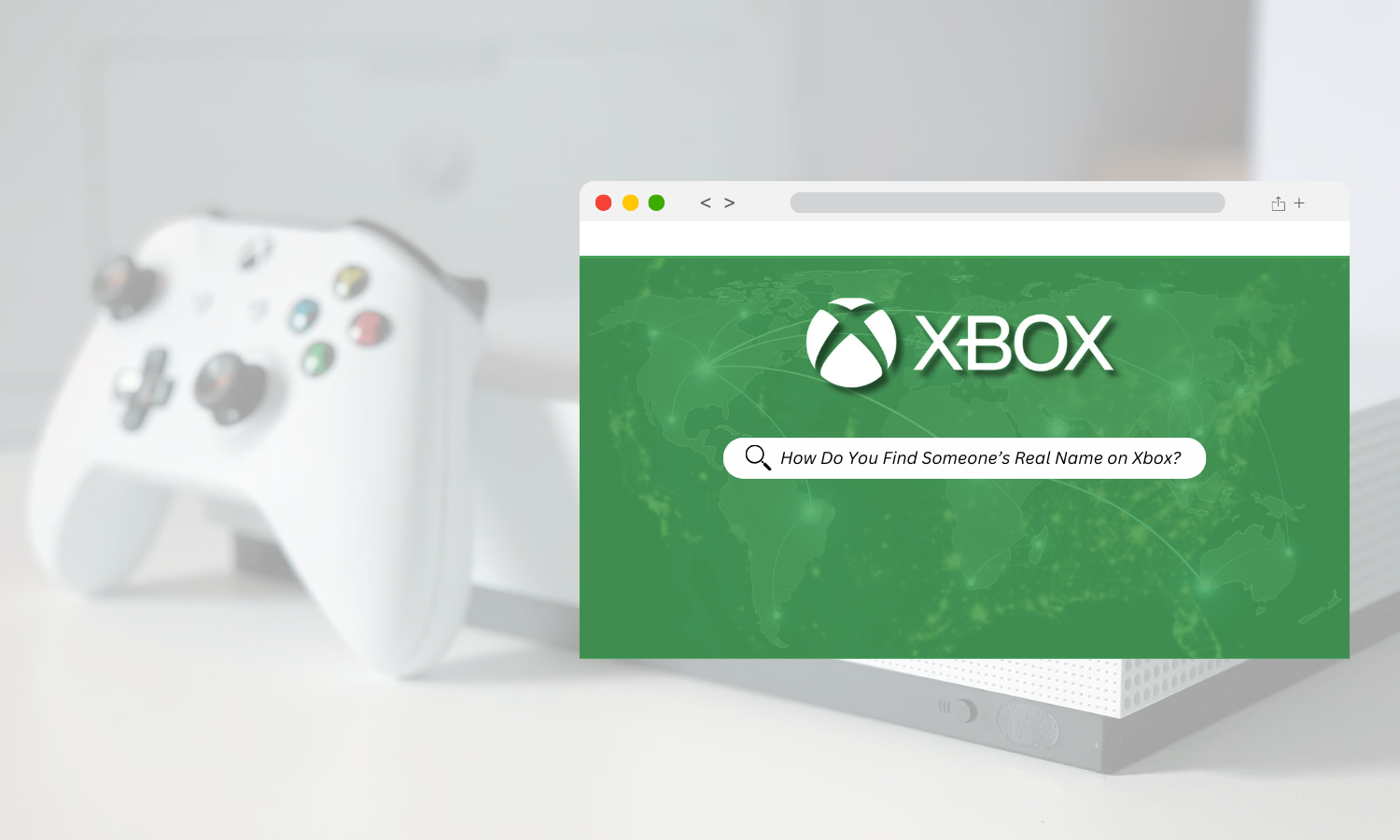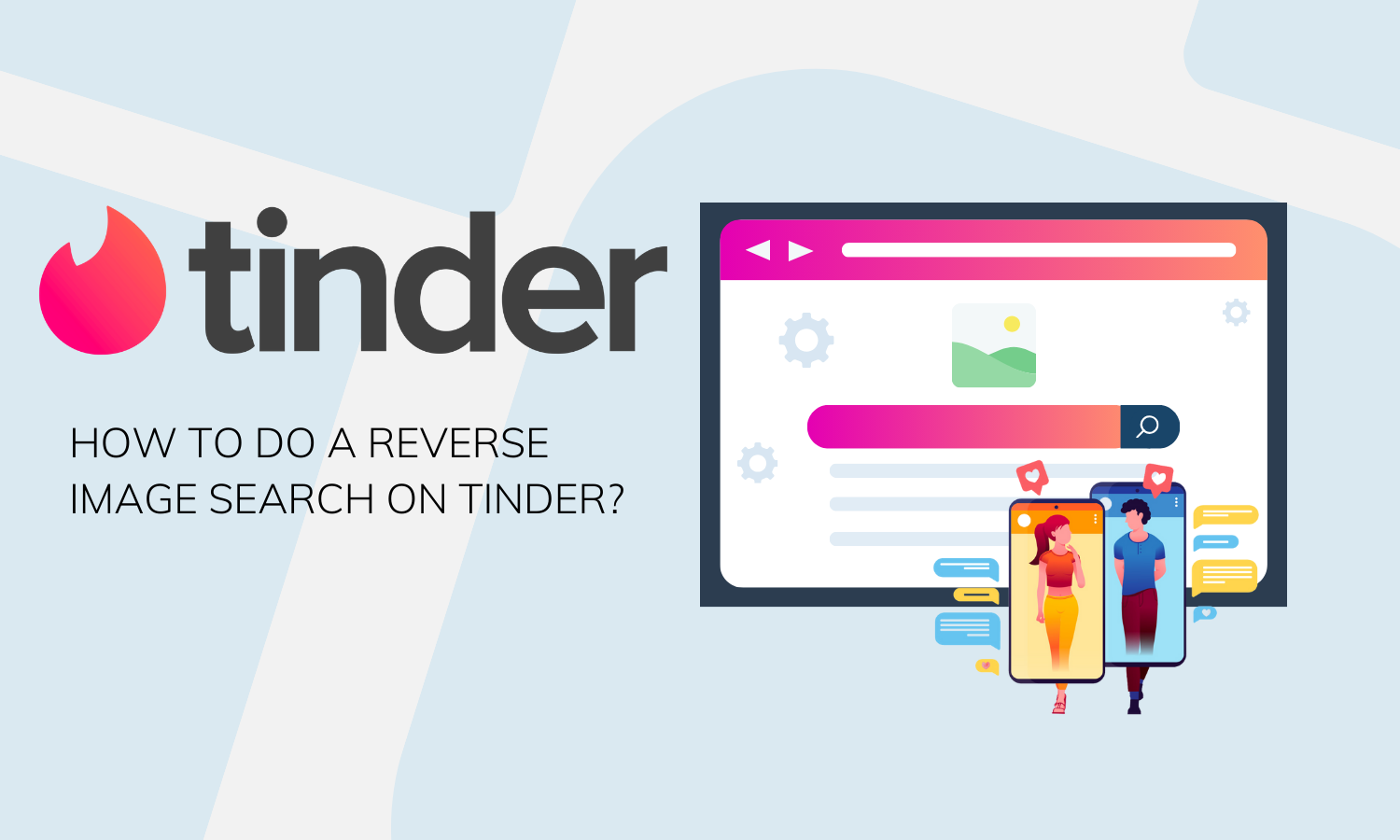

Updated · Jan 10, 2024
Updated · Aug 04, 2023
With a master's degree in telecommunications and over 15 years of working experience in telecommunic... | See full bio
Girlie is an accomplished writer with an interest in technology and literature. With years of experi... | See full bio
The definition of privacy is a simple one in the dictionary, but not in reality.
That’s what makes questions like “Is online privacy a myth?” tough to answer.
Theoretically, privacy on the internet is somewhat achievable.
Here’s everything you need to know.
Online privacy is a complicated issue.
Websites want to know all they can about consumers to better understand what exactly consumers are looking for.
In most cases, this means showing you the ads they believe you want to see, which leaves advertising firms to take the brunt of the complaints from privacy critics.
But that’s just the tip of the iceberg.
The Internet was never designed to prioritize security and computer privacy even as most users treat it like their online activities can never be seen: We complain, criticize, buy, and order things online and most of the time, sign our actions with our email address or name.
Then, there are criminals who steal information and use it for personal gain.
When it comes to the digital world, nothing can be completely private. Here’s how your data can end up in the wrong hands:
No software is entirely secure.
Companies that exist online work hard to minimize potential breaches, but some things manage to slip through the cracks.
Malicious agents can take advantage of these flaws, which often exist in the code, to get unauthorized access, compromise the system, and steal valuable and sensitive data.
In most cases, companies don’t even know that they have a breach until it’s too late –the average time to identify a data breach is a little under 200 days.
Here’s an example: Last year, a user in a low-level hacking forum published phone numbers and personal data of more than 533 million Facebook users, including 32 million records on US users.
Facebook said that the data was scraped due to a vulnerability that they patched in 2019.
It’s impossible to connect to the Internet with an IP address.
This unique public IP address, which is provided to you by your ISP, allows your computer to communicate online and serves as a digital address for your Internet device.
As such, your IP reveals your geolocation, which helps providers serve you with content they believe is relevant to you.
But, the main risk of a public IP address is that it works reciprocally: It allows you to connect to the Internet and anyone on the Internet to connect to your device– including cybercriminals.
Major phone carriers, including Verizon, T-Mobile, and AT&T track various information on their users, including app usage, web activity, and in some cases, their credit.
AT&T even collects biometric data on users like fingerprints, "until the initial purpose for collecting it has been satisfied or within three years of the individual's last interaction with AT&T, whichever occurs first,” according to the company’s privacy policy.
And yes, it’s all listed in their respective terms of use documents– the ones most of us hurriedly agree to. This is one of the many reasons why you should read terms and conditions agreements.
Deleting your browser history doesn’t get rid of all the information your browser has on you.
One such example is Google.
Clearing your browser history deletes the history that’s locally stored on your computer but it doesn’t do anything to the data that is stored on Google’s server, whose browser holds more than half of the browser market share).
Even if you delete all of your activity from the history tab, Google continues to maintain records about how to use its web browser.
There are some browsers like DuckDuckGo that prioritize privacy, but every web browser that holds a history of users’ activities records cache files.
When you remove a file in Windows, the operating system deletes the cache file’s reference from the directories but moves the actual data into an area called free space on your computer’s hard drive.
The information will be overwritten by new data eventually, but that can take months and even years.
Hackers look for weaknesses in connections and exploit different vulnerabilities to access your data or infect your devices with malware.
Here are the most common type of hacking attacks:
Is it impossible to maintain your privacy online? It might be difficult but not impossible.
Here’s what you can do to protect your data online.
One way to prevent fraudulent attacks is to install a good anti-virus tool on your device.
Antivirus software scans your files, emails, and internet searches for potential threats.
They can detect and remove malware and most of these tools come with advanced features, like link protection, anti-phishing and anti-theft tools, as well as browser protection – which often includes scanning for and flagging fake websites.
All modern browsers come with an incognito mode for private browsing.
Incognito mode allows you to browse the web without a record of history being saved on your computer or phone. Every site you visit in incognito mode treats you as a new visitor, meaning there will be no login information, no saved cookies, and no auto-fill web forms.
Many people and organizations use clouds to store their data. They’re a lot safer than keeping data on your own systems because they employ safety mechanisms that prevent attacks.
If you opt for a private or a personal setup, you can even configure the security protocols yourself.
A password manager generates and remembers different and complex passwords for your online accounts, which will make it harder for hackers and cybercriminals to break into them.
These tools can help you set a safe password but also have advanced features, like monitoring accounts for security breaches, providing suggestions on how to change weak passwords, flagging duplicate passwords, and syncing your passwords across multiple devices.
To further protect against unauthorized access, you should consider setting up multi-factor authentication.
VPN tools encrypt traffic, hide your IP address, bypass geo-restrictions, and offer DNS leak protection.
It can be particularly useful if you frequently connect to public Wi-Fi networks, which are typically easy targets for hackers. A VPN adds a layer of security when HTTPS isn’t available, provides some privacy from your provider, and minimizes tracking based on your IP address.
If you’re looking for a good VPN tool, here are our top 10 picks for the best VPNs on the market.
Online privacy exists but to a certain extent. There are plenty of lingering security threats online and there is no way to completely stop websites and apps from collecting any information on you. Still, there are plenty of things you can do and tools you can utilize to protect yourself from unauthorized access.
Digital privacy protects personally identifiable information from being collected or leaked online.
Digital privacy puts you in control of your personal information and prevents bad actors from using it maliciously.
Although it took a while to make its way into law, privacy has always existed as a concept; the Greek philosopher Aristotle made distinctions between public and private life.
Privacy is a fundamental human right. In the United States, privacy rights are guaranteed under the International Covenant on Civil and Political Rights (ICCPR), a human rights treaty, which protects everyone from unlawful or arbitrary interference with their “privacy, family, home, or correspondence.”
A recent survey conducted by Axway found that 85% of respondents were concerned that their online data may not be secure.
Depends on how you define online privacy. Connecting to the Internet requires providing some data and there’s always a possibility that a cybercriminal or a hacker can take advantage of that information– though, there are plenty of tools you can get that will make it harder for them to do that.
Your email address will not be published.
Updated · Jan 10, 2024
Updated · Jan 09, 2024
Updated · Jan 05, 2024
Updated · Jan 03, 2024




